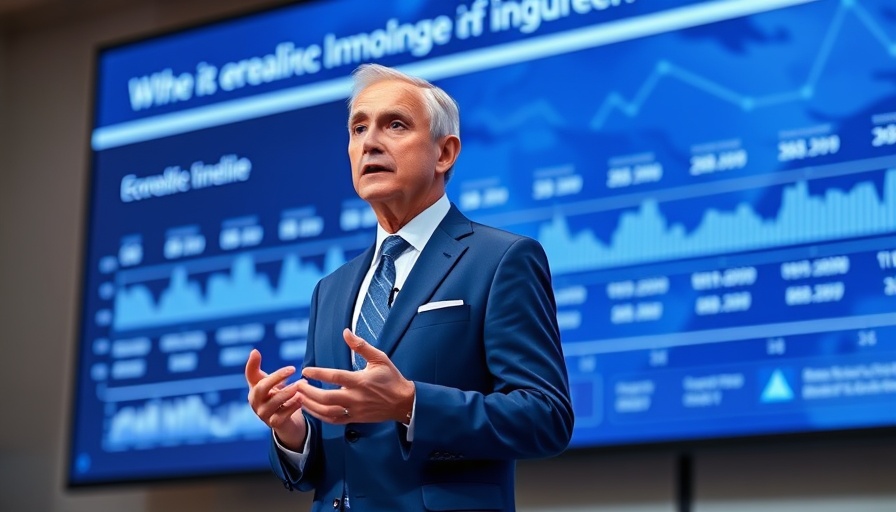
Understanding the Potential Price Hikes
The Federal Reserve is gearing up for a potential economic shift as officials, including Atlanta Fed President Raphael Bostic, predict that tariffs could lead to increased prices across various sectors. With inflation already a concern for many Americans, the expectation is that tariffs could further strain household budgets. Bostic stated that the stress from inflation is palpable, especially as commodity prices continue to fluctuate due to global supply chain issues and geopolitical tensions.
The White House’s Response
In contrast to the Fed's concerns, the White House has attempted to alleviate fears about impending price increases. Press Secretary Karine Jean-Pierre emphasized that the administration remains optimistic about controlling inflation and managing the economy effectively. This differing perspective has raised eyebrows and questions about the trajectory of economic policies amidst rising costs.
Tariffs: A Double-Edged Sword
Analyzing the impact of tariffs reveals a complex interplay between protecting domestic industries and potentially inflating prices. Economists have pointed out that while tariffs can safeguard jobs in certain sectors, they often result in higher consumer prices. This raises the question of whether the intended economic protection is worth the risk of adversely affecting the average consumer’s expenses.
What Does This Mean for Your Investments?
For investors, the potential for rising prices signals a need to revisit investment strategies. Inflation protection investments, including commodities and real estate, may become more appealing as traditional stocks and bonds become vulnerable in a heightened inflation environment. Additionally, sectors like healthcare and sustainable energy are anticipated to weather inflation better than others, making them attractive options for portfolio diversification.
Looking Ahead: Economic Indicators and Going Forward
As we look toward the future, several economic indicators will be crucial to watch. This includes changes in Federal Reserve policy, consumer spending patterns, and commodity price trends, all of which will shape investment strategies moving forward. Staying informed about these factors can better prepare investors and consumers alike for the impending economic shifts.
Investment Strategies in an Inflationary Climate
So, what can savvy investors do in light of these developments? Implementing inflation protection strategies is essential:
- Focus on Real Estate: Investing in real estate investment trusts (REITs) can provide a hedge against inflation as property values tend to rise.
- Commodities Trading: Consider diversifying into commodity ETFs that track performance in volatile markets.
- Hold onto Bonds with Caution: Choose high-yield bonds that may perform better in an inflation-prompted environment to manage risk effectively.
Conclusion: Prepare for Changes
The dynamics between the Federal Reserve and the White House will play a significant role in shaping economic realities and consumer confidence. As tariffs emerge as a concern for the economy, both businesses and consumers must consider their response strategies. Encouraging proactive approaches to manage inflation risks through diversified portfolios can pave the way for long-term financial health.
 Add Row
Add Row  Add
Add 



Write A Comment